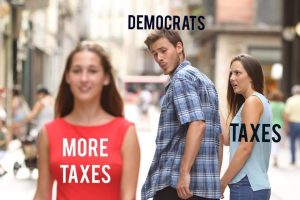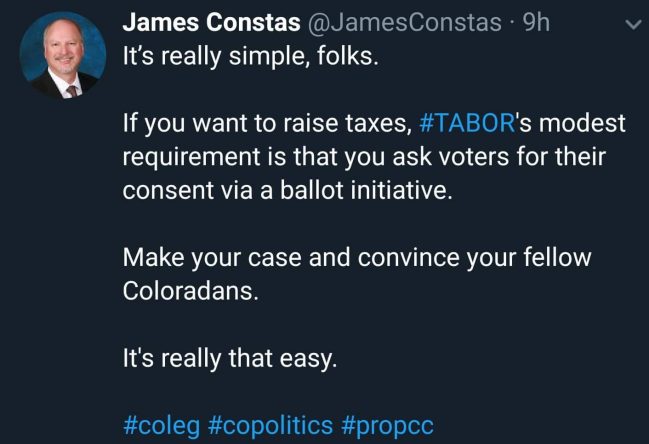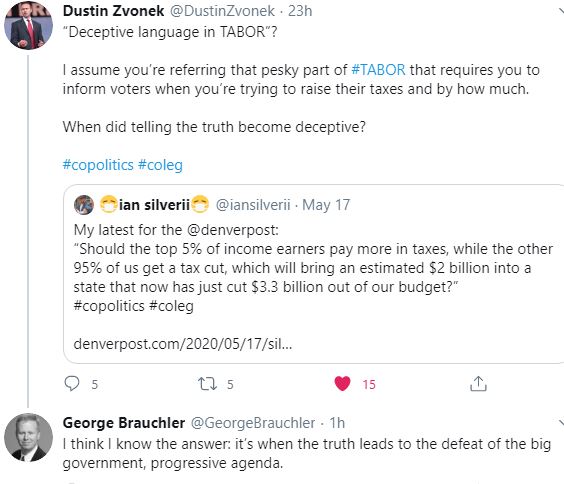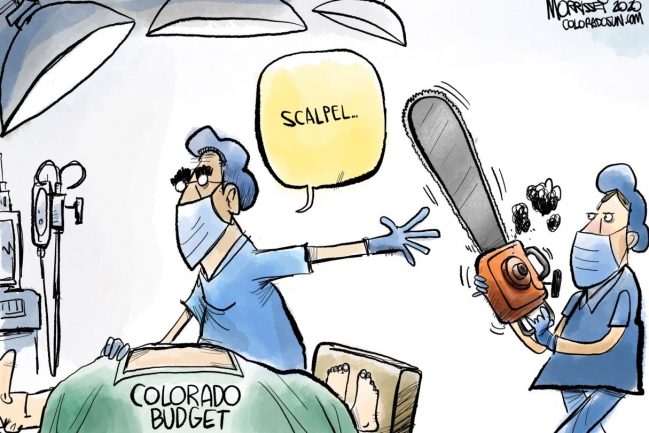FILED
United States Court of Appeals
PUBLISH Tenth Circuit
October 14, 2020
UNITED STATES COURT OF APPEALS
Christopher M. Wolpert
Clerk of Court
FOR THE TENTH CIRCUIT
_________________________________
ANDY KERR, Colorado State
Representative; NORMA V. ANDERSON;
JANE M. BARNES, member Jefferson
County Board of Education; ELAINE GANTZ BERMAN, member State Board of Education; ALEXANDER E. BRACKEN; WILLIAM K. BREGAR, member Pueblo District 70 Board of
Education; BOB BRIGGS, Westminster No. 17-1192
City Councilman; BRUCE W. (D.C. No. 1:11-CV-01350-RM-NYW)
BRODERIUS, member Weld County (D. Colo.)
District 6 Board of Education; TRUDY B.
BROWN; JOHN C. BUECHNER, Ph.D.,
Lafayette City Councilman; STEPHEN A.
BURKHOLDER; RICHARD L. BYYNY,
M.D.; LOIS COURT, Colorado State
Representative; THERESA L. CRATER;
ROBIN CROSSAN, member Steamboat
Springs RE-2 Board of Education;
RICHARD E. FERDINANDSEN;
STEPHANIE GARCIA, member Pueblo
City Board of Education; KRISTI
HARGROVE; DICKEY LEE
HULLINGHORST, Colorado State
Representative; NANCY JACKSON,
Arapahoe County Commissioner; CLAIRE
LEVY, Colorado State Representative;
MARGARET MARKERT, Aurora City
Councilwoman, AKA Molly Markert; MEGAN J. MASTEN; MICHAEL MERRIFIELD; MARCELLA L.
MORRISON, AKA Marcy L. Morrison;
JOHN P. MORSE, Colorado State Senator;
PAT NOONAN; BEN PEARLMAN,
Boulder County Commissioner;
Continue reading
 As tax season is upon us, there are several considerations worth examining about how Colorado is doing. Colorado, like most states, faces fiscal challenges arising from COVID and the lockdowns. Colorado has one of the most expensive states for real estate and the recent Gallagher vote could result in higher residential property tax burdens for Coloradans in the years to come. The Colorado state pension system (PERA) has one of the worst funding ratios in the nation, suggesting PERA funding shortfalls will present problems for Colorado taxpayers and PERA beneficiaries in the years to come. Further, a low funding ratio could result in credit rating downgrades leading to higher borrowing costs for the state. Colorado has about 25% of the population on Medicaid. This could present significant challenges for the Colorado taxpayers in years to come. There will be calls for more taxes and fees to meet the desires of the Colorado legislature.
As tax season is upon us, there are several considerations worth examining about how Colorado is doing. Colorado, like most states, faces fiscal challenges arising from COVID and the lockdowns. Colorado has one of the most expensive states for real estate and the recent Gallagher vote could result in higher residential property tax burdens for Coloradans in the years to come. The Colorado state pension system (PERA) has one of the worst funding ratios in the nation, suggesting PERA funding shortfalls will present problems for Colorado taxpayers and PERA beneficiaries in the years to come. Further, a low funding ratio could result in credit rating downgrades leading to higher borrowing costs for the state. Colorado has about 25% of the population on Medicaid. This could present significant challenges for the Colorado taxpayers in years to come. There will be calls for more taxes and fees to meet the desires of the Colorado legislature.


 By: Barry W Poulson
By: Barry W Poulson Blog post by Christine Burtt
Blog post by Christine Burtt

